Story Highlight
– Reform UK refuses permanent fracking ban in Lancashire.
– Independent review on energy sources proposed by Reform.
– Opposition claims decision shows Reform’s inconsistency on fracking.
– Labour and Progressive alliance demand government honor fracking ban.
– Local concerns outweigh fossil fuel interests, critics argue.
Full Story
The Reform UK group, which currently governs Lancashire County Council, has opted against implementing a permanent ban on fracking, instead advocating for the continuation of the existing temporary halt while an independent review of the UK’s energy resources takes place. This decision was made in response to calls from opposition members for a definitive prohibition on fracking, leading to a heated discussion during the council meeting. Reform UK representatives accused their critics of being overly conservative in their approach, while opponents accused the governing party of being influenced by private interests.
Local anti-fracking advocates have voiced frustration at what they perceive as inconsistency from Reform UK regarding the fracking debate. Nationally, the party is positioning itself to demonstrate the safety of fracking and to include it in the UK’s energy framework, contingent upon the results of ongoing assessments. Notably, Richard Tice, the party’s deputy leader, has highlighted shale gas as a vital yet underexploited energy resource. The party’s manifesto for the upcoming 2024 general election emphasizes the need to “enable major production when safety is proven, with local compensation schemes established.”
While the party has referred to historical drilling activities in the Fylde area—where fracking tests were conducted between 2017 and 2019—it has previously stated that this region is not suitable for future fracking operations. Instead, they have suggested that East of England may be more appropriate for potential extraction.
The moratorium on fracking in the UK was established five years ago during the Conservative administration, following tremors associated with drilling efforts by Cuadrilla at the Preston New Road site in Little Plumpton, the most significant of which registered a magnitude of 2.9. In a contrasting stance, the Labour Party has declared its commitment to permanently ban fracking, with Energy Secretary Ed Miliband pledging to enshrine this commitment into law as soon as possible.
During the recent council session, the Labour leadership, along with the Progressive Lancashire alliance, aimed to secure the government’s compliance with their ongoing commitment to prohibit fracking. Labour Party leader Mark Clifford emphasized the local opposition to fracking, asserting, “Time and again, communities have said ‘no’ to fracking. We cannot allow national politics or corporate interest to override the will of the people we serve.” He elaborated on concerns that the extraction process poses risks not only of tremors but also threatens water quality, air quality, and countryside integrity. Clifford also criticized the notion that fracking would generate substantial employment or reduce energy costs, providing estimates that indicated limited job creation compared to potential employment growth in the renewable sector.
In contrast, Reform’s Joel Tetlow put forward an amendment to oppose the permanent ban, claiming that while many residents indeed oppose fracking, it is crucial to keep options open for future energy strategies. He suggested that despite past experiences leading to skepticism about fracking, the conversation should focus on energy needs and technological advancements. His amended proposal called for a comprehensive review of various energy sources—shale gas, renewables, and nuclear—highlighting issues of energy security and rising costs. “Let’s not make policy based on fear or ideology – let’s make it based on facts, fairness and the future,” Tetlow urged.
However, opposition figures reacted strongly against the revised motion, with Liberal Democrat David Whipp alleging that Reform UK is financially supported by fossil fuel advocates. He referenced research indicating that a significant portion of the party’s funding comes from individuals associated with climate scepticism. Whipp was adamant that the geology underneath Lancashire insinuates it remains a likely target for future fracking initiatives, countering claims that the local conditions are unsuitable for such operations.
Other council members voiced similar concerns. Conservative John Singleton dismissed recent assertions made by Richard Tice regarding minor seismic activities that could arise from innocuous events, insisting it was misleading. Singleton called for Reform councillors to align with local sentiments by endorsing a permanent ban on fracking in the area.
On the other hand, County Councillor Luke Parker defended the Reform position, calling for a balanced examination of potential energy solutions, accounting for technological progress. He argued that it is vital to consider all options to secure affordable and dependable energy for the future.
Summing up the prevailing sentiments in the opposition, Progressive Lancashire leader Azhar Ali termed the notion of relying on future technologies to make fracking safe as misguided, emphasising that fracking itself is a fundamentally hazardous method of drilling. Green Party leader Gina Dowding, endorsing the Labour motion, expressed that there is no community support for the fracking debate, advocating instead for investment in renewable energy technology within the region.
In reaction to the council’s decision not to endorse a permanent ban, Nick Danby of Frack Free Lancashire expressed disappointment, stating that the inconsistency of the Reform leadership demonstrates a lack of commitment to the local population’s needs. Danby highlighted the necessity for an outright refusal of Cuadrilla’s recent application for an extension at the Preston New Road site to signal an end to fracking in Lancashire. The county council has yet to rule on this application, which seeks an extension for restoration work initially due by July 2023.
Key Takeaways
– Reform UK on Lancashire County Council declines to support a permanent fracking ban, citing future technological advancements.
– Calls for an independent review of UK energy sources while maintaining a temporary fracking moratorium.
– Opposition councillors, led by Labour, demand a permanent ban citing environmental risks and community opposition.
– Reform party’s stance viewed as influenced by fossil fuel interests, with accusations of flip-flopping.
– Fracking opponents express disappointment, reaffirming their commitment against any revival of the industry in the region.
– Cuadrilla seeks an extension for land restoration at a previously drilled site, scheduled for review by council.
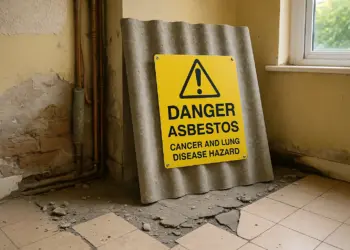






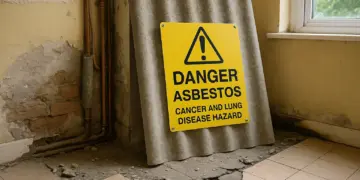
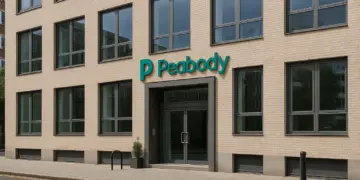

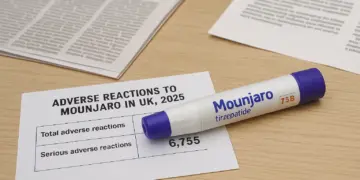
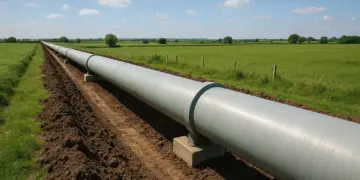





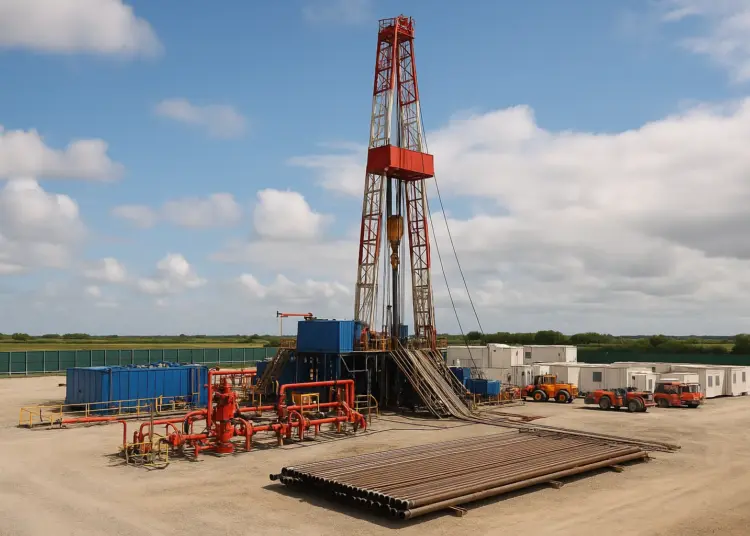





Careful assessment of risks and strong community engagement are essential. A temporary suspension with an independent review must still guarantee robust monitoring, clear criteria for any future activity and meaningful local consent. Environmental safeguards, transparent data and independent oversight should be non negotiable before any reconsideration of fracking in Lancashire.
Maintaining a temporary suspension while calling for an independent review is a cautious approach, but it falls short of addressing the clear local concerns about environmental and community impacts. A meaningful response would prioritise transparent, timely assessment of risks and strong community engagement, with clear safeguards to protect water supplies, public health and local infrastructure while any review is carried out.
Maintaining a temporary suspension and calling for an independent review is a cautious step, but it does not address the immediate health and environmental concerns raised by local communities. Any decision on fracking should be driven by transparent evidence on risks to public health, water and air quality, and the integrity of local infrastructure. Until independent assessments can clearly demonstrate that fracking can be carried out without harm, a precautionary approach that protects residents and the local environment is the responsible course of action.
Keeping communities safe and protecting the environment must come first. A temporary suspension without a clear, independent timetable for review leaves residents and workplaces uncertain about future risks to water, air and local infrastructure. If fracking is to be reconsidered, the review must be genuinely independent, transparent and include robust health environmental and safety assessments, clear mitigation plans and meaningful local consultation. Until that test is met a permanent ban would better reassure the public and reduce potential long term harms.